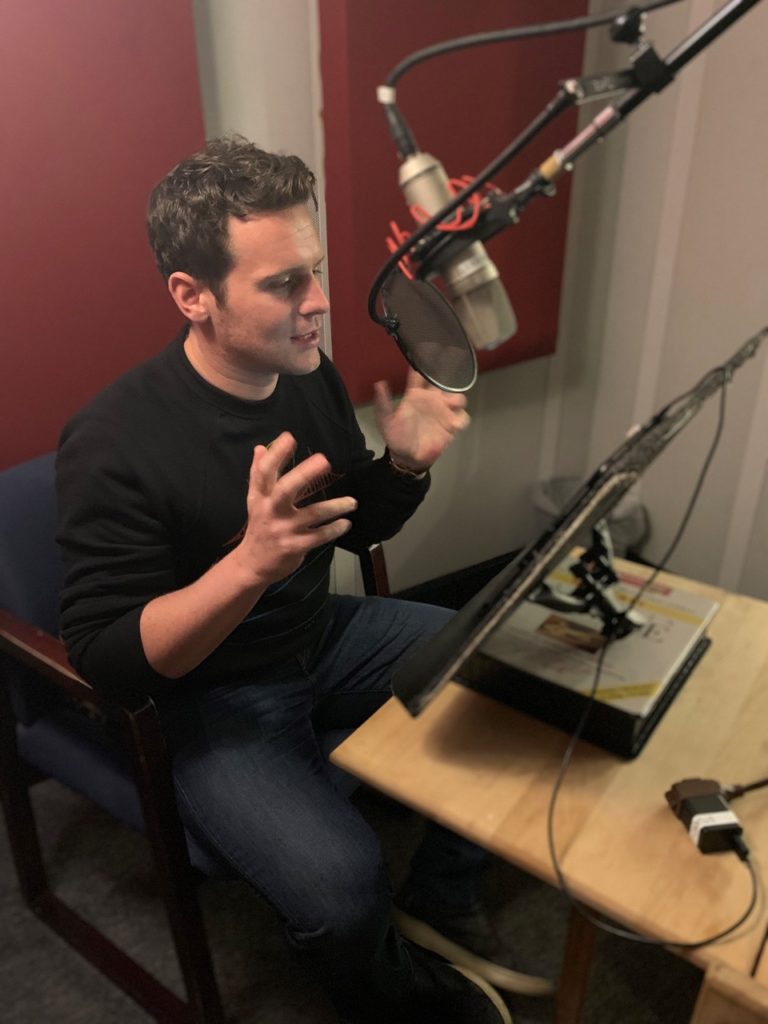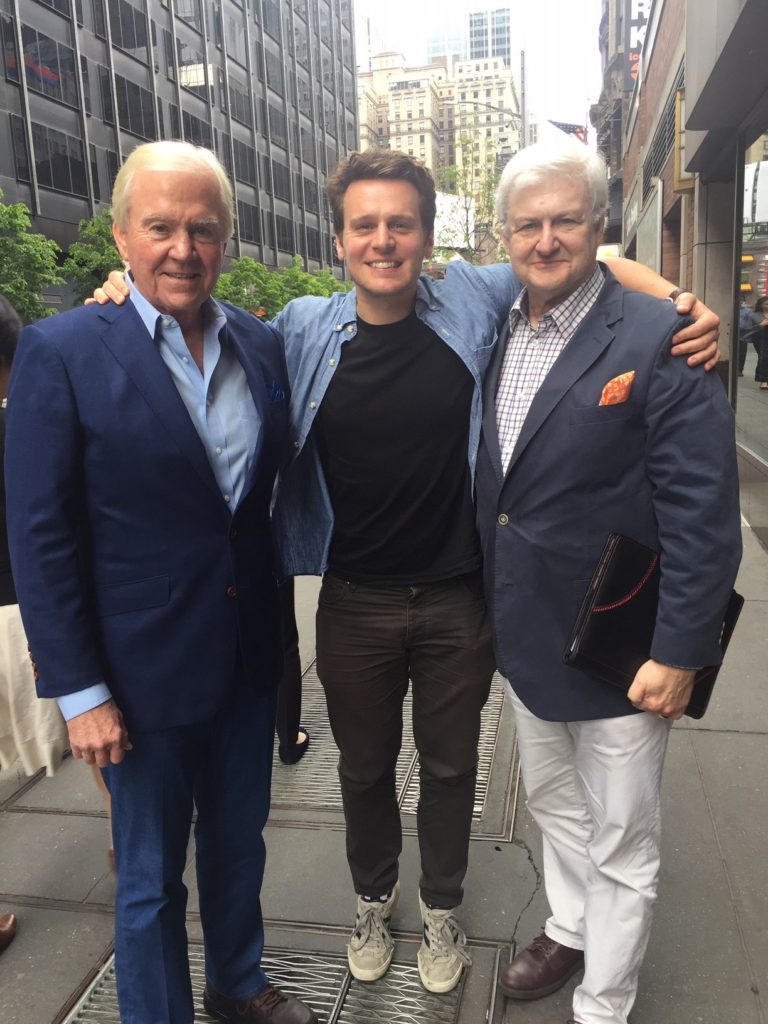This past Saturday, a jury in Provo, Utah, found Dr. Martin MacNeill guilty of the drowning murder of his wife Michele in the tub of the master bathroom of their home on April 11, 2007. The motive was said to be his desire to be with his mistress at the time, Gypsy Willis, and not have to pay out a huge settlement and alimony. A number of the MacNeill children had suspected their father of murder, pushed the police to fully investigate and then urged the prosecution on in pursuit of truth and justice.
On January 7, those children and others will have the opportunity to tell the court what the murder of their mother has meant to them, a provision of the law in Utah and many other states, known as the Victim Impact Statement.
Many object to this element of the sentencing process. John Douglas and I fervently support it.
Those opposed to the Victim Impact Statement say that it goes against the principle of equal justice and that each convicted felon should be sentenced solely according to his crime, rather than an emotional plea meant to sway the judge or jury into a harsher sentence. We believe this attitude ignores several important realities of crime, particularly violent crime.
First, by his very act, the offender creates an unwanted relationship between himself and the victim. And once that relationship is established, the victim and/or her survivors have a stake in the outcome.
Second, if you really want to push the principle of equal justice, are you willing to say the offender should not be able to offer mitigating testimony or evidence, as is standard in sentencing hearings? Why should the defendant be able to say why he is entitled to a more lenient sentence and those his crime most directly impacted have no ability for counterargument? That is not only not equal justice, it is no justice at all.
Third, while all criminal proceedings are technically trials of crimes against the “State,” “the United States” or “the People,” in reality they are about violence or harm done to individual human beings, and no compassionate and responsive system of justice can afford to lose sight of the individual. It is very easy to think in theoretical terms, but it is essential to focus on the act done to a specific person, and how that act has changed – or ended – that life and the lives around him or her.
Everyone is unique, and therefore every crime with a victim is unique. More to the point, every crime creates a multitude of victims. If Dr. MacNeill’s children want to address the court, then by God and by all that is just, the court should have an obligation to hear them. And as the court considers what should happen to the defendant for the rest of his life, it should be advised and influenced by what his actions have meant, and will mean, for the rest of his victims’ lives.



























